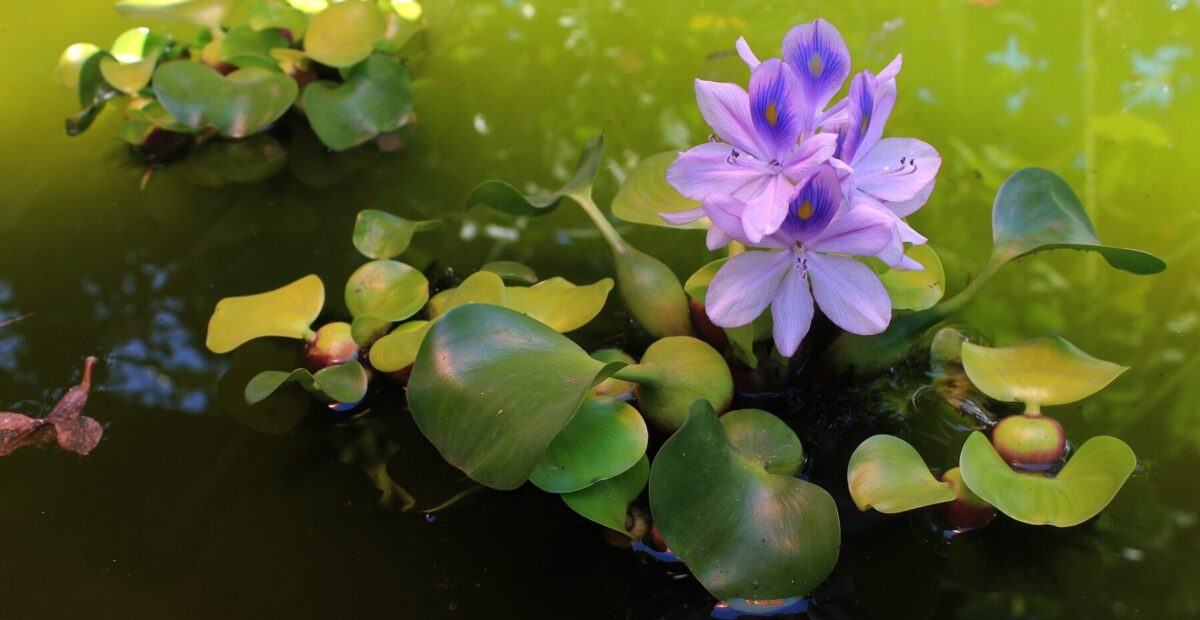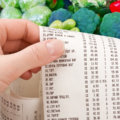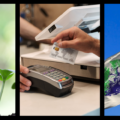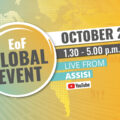
Workshop
How Jevev NGO turned Benin’s invasive water hyacinth into ‘green gold’

By Maria Gaglione
Economy of Francesco in Africa: the invasive plant from which compost is produced has become a resource for local agriculture.
The water hyacinth is an aquatic plant of extraordinary tropical beauty, with purple flowers and thick stems and leaves. Native to South America, it has been widely introduced around the world. In many areas, it has become an invasive species, in some cases even a true plague. In its natural environment, it purifies water. However, in the absence of natural enemies, Eichhornia crassipes spreads rapidly, covering the surface of lakes and rivers and creating a physical barrier that makes navigation difficult, stops sunlight from reaching native water plants, slows down the flow of water and reduces oxygen content, causing the death of fish and turtles. The water hyacinth thus poses a serious threat to ecosystems and biodiversity. Henri Totin, an entrepreneur trained in green economy and the director of JEVEV NGO (Jeunesse et Emplois Verts pour une Economie Verte) lives in Benin. Like a screenplay based on a true story, Henri tells us the tale of this plant and his community. The title: the ‘magic’ compost. Except there’s nothing magical about it. Instead, there’s hard work, studies, research and several international awards won. Like other natural fibres, water hyacinths have been used for decades to make small objects like mats or baskets. Occasional harvesting, however, is hardly the solution, as the plant tends to grow back stronger.
One day – Henri tells us – my younger brother had an accident: he had to be taken to the hospital by boat, but the plants slowed the boat down and delayed his arrival. This tragedy called me to action. Henri talks extensively about the possible uses of the hyacinth, a knowledge he has gained over years of studying. The compost that is obtained from the water hyacinth has some important characteristics. The root extract can be used as a fertilizer. Other uses are the production of biogas and paper (which is mainly obtained from stalks). Finally, a type of black coal is obtained from the leaves and stems, which can be used, for instance, to produce inks and paints. The company in which Henry Totin works along with eleven other young people also provides training in this practice and promotes its dissemination. “Our centre offers training courses on the uses of the hyacinth plant, particularly aimed at young people and women, in around 40 villages. Beninese farmers immediately found this practice easy and affordable. The use of organic fertilizers has significantly improved the quality of their harvests”.
In a way, a sort of poison has been transformed into what Henri calls ‘green gold’. Figures back him up: “Since 2015, more than 1450 young green entrepreneurs and 240 producers have completed the training; while the number of farmers using hyacinth by-products in Bonou, Dangno, Adjohonu and other villages has reached 3550. River navigation has improved and the risk of flooding has decreased; water quality and biodiversity have also improved, while the reduced use of chemical products, fertilizers and pesticides has resulted in better health conditions. 45% of households use the coal obtained from the hyacinth, just to give you an example”. This story has a lot to tell us: it is possible to turn personal grief into social engagement, to transform a drawback into an opportunity. But, most of all, it is important to protect common goods. The use of the hyacinth has become a common good that Henri has chosen to share with his community and beyond. In order to fight a common evil, a common good is needed – the sharing of knowledge and the commitment of a community. JEVEV collaborates with international organisations including the UN. “We are working on an online platform to disseminate best practices and the use of new green technologies in order to foster entrepreneurship and youth employment, but also because we expect politicians to take a clearer stand on the use of chemical fertilizers and to favour initiatives in support of entrepreneurs promoting environmental protection and social equity”. Henri will be joining us in Assisi in September 2022. For organisations like JEVEV, in Africa, the road ahead is still long, success is slow and competition is fierce. But these young entrepreneurs who dare to change, without delaying or delegating, have high hopes. And rightly so.
Source:






